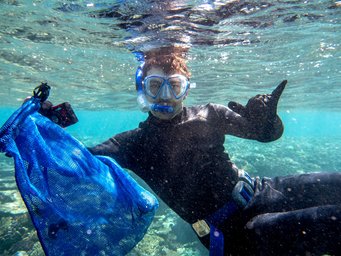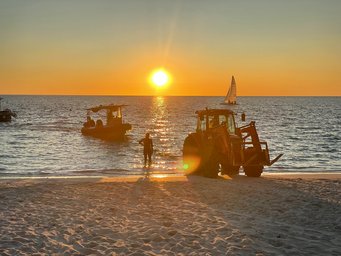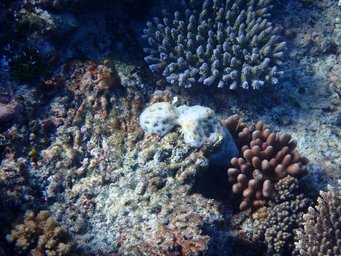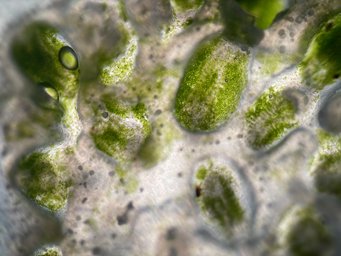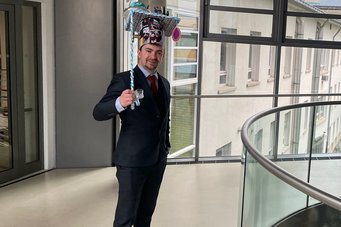Interview with MtL PhD graduate Philipp Baur
Read the interview with Philipp Baur, one of our first MPS MtL PhD students! You will get an insight into his experiences doing research within the MPS MtL, his academic path and his current activities, leading up to his thesis.
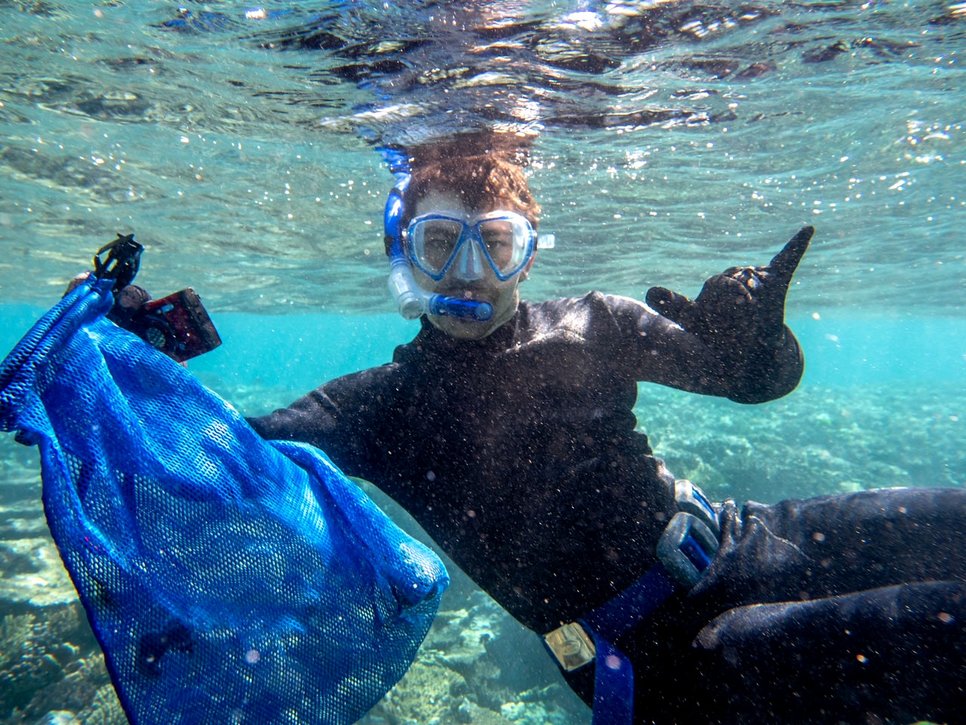
Can you briefly describe what and where you studied your Bachelor’s and Master’s, and why you decided to do so?
I got my Bachelor’s degree in Chemistry from the TU, Munich. I decided to study chemistry, as I could not select between physics, chemistry, biochemistry and biology and felt that a chemistry major gives me a broad knowledge and extensive practical skills. After my Bachelor, I got offered a position in an international Master’s program “MaMaSELF” with a double major in chemistry and physics, focusing on material science. Through that program, I got two Master's degrees, and the chance to do my Master’s thesis in a great research group at Stanford University in the US. The broad fundamentals within this program provided me with the versatility to explore different directions after I left.
What was it like to move to different countries, encountering different languages and educational systems within one program?
I lived in Italy for a year, then in France for half a year, and finally in the US for half a year. Initially, when I left home, it was relatively hard for me, especially the idea of being far away from home and for long periods of time. However, soon I made some friends and enjoyed living in other countries. I truly enjoyed the experience of different research systems in the different countries - and of course the culture and the food there. The university systems can be vastly different. For example, the grading can be very diverse and therefore complicated. Overall, I definitely enjoyed it; I guess it's also what the new Matter to Life students have to go through on a regular basis.
How did you get to know Matter to Life and why did you decide to apply here?
While doing my Master thesis at Stanford University, I attended a lecture given by Petra Schwille, a director at the Max Planck Institute of Biochemistry in Munich. Impressed by her presentation, I asked her if it would be possible to visit her lab and if there were any open positions in her group. She recommend me to apply to the Matter to Life program, and said it would broaden my choice of groups I could do my PhD in. That is how I heard about the program. I was probably one of the first people to apply for it, and luckily, I got accepted.
We are glad that Petra Schwille, the School’s vice chair, caught your interest. Which group are you in now?
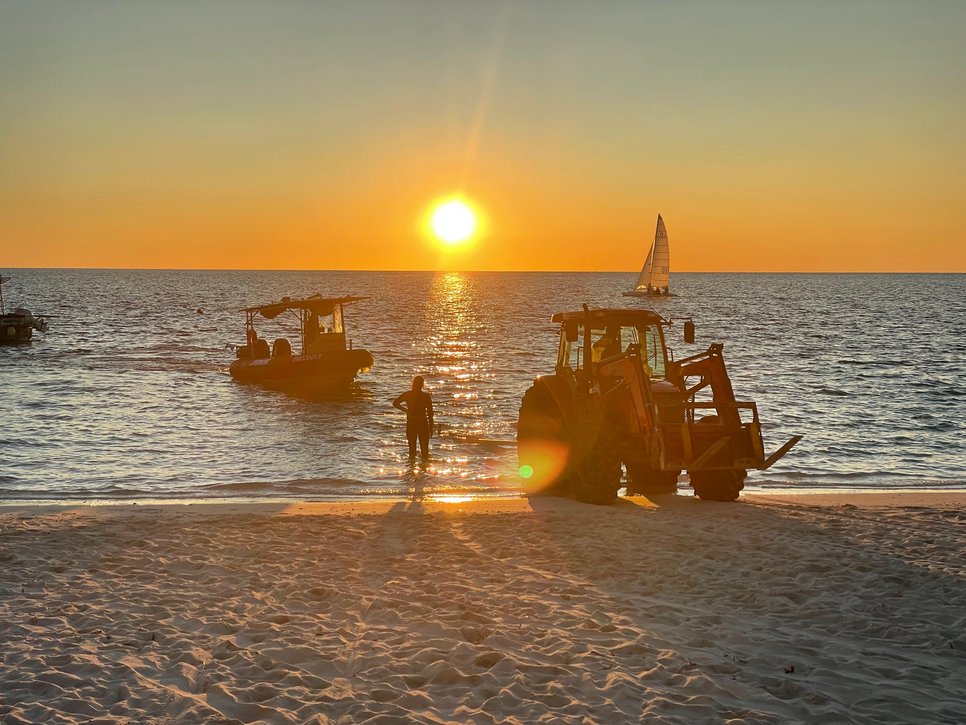
I’m in the group of Peter Comba at the department of Inorganic Chemistry at the University of Heidelberg. My thesis is on a very interdisciplinary topic. There is a certain marine animal, found in tropical waters, called ascidian (or “sea squirt”). Cyanobacteria within it produce large amounts of certain cyclic peptides called patellamides. While these molecules do not seem to have any relevant properties on their own, once they bind copper, they have a wide range of interesting properties and catalytic abilities. Even though they are produced in large quantities, no one actually knows what their purpose is. This is the focus of my PhD: to formulate hypotheses on what their potential uses could be and to test them.
What were the first steps in your project?
In the beginning, I developed a new approach to synthesize the natural molecules. Once this was accomplished, I traveled to Australia to the Great Barrier Reef and went diving to collect the animals. I then studied the concentration and composition of the patellamides which are affected by certain conditions. While doing that, I noticed that some of the measurements I took didn't fit to reported values. Once I returned, I determined the copper concentration and we found that the literature value was off by a factor of 100. We already have a publication out with revised values.
You traveled to Australia. How was that?
That was definitely a great experience, but also challenging because it required extensive preparation. The island was in the middle of nowhere on the Great Barrier Reef and less than a kilometer long. I had to make sure that everything needed for work was available, because there were neither any stores nor any delivery on that island. I was really there all by myself, except for the station staff. The crucial thing was to find the animals, given they are neither prominent nor easy to locate. I had to dive or snorkel for an hour and a half until I found the first ones. Yes, it was a really nice time, but it was also stressful because I knew that the trip costs a lot, so I wanted to come back with good results. When I did find the first animals, I was often in the lab until 2 am doing experiments.
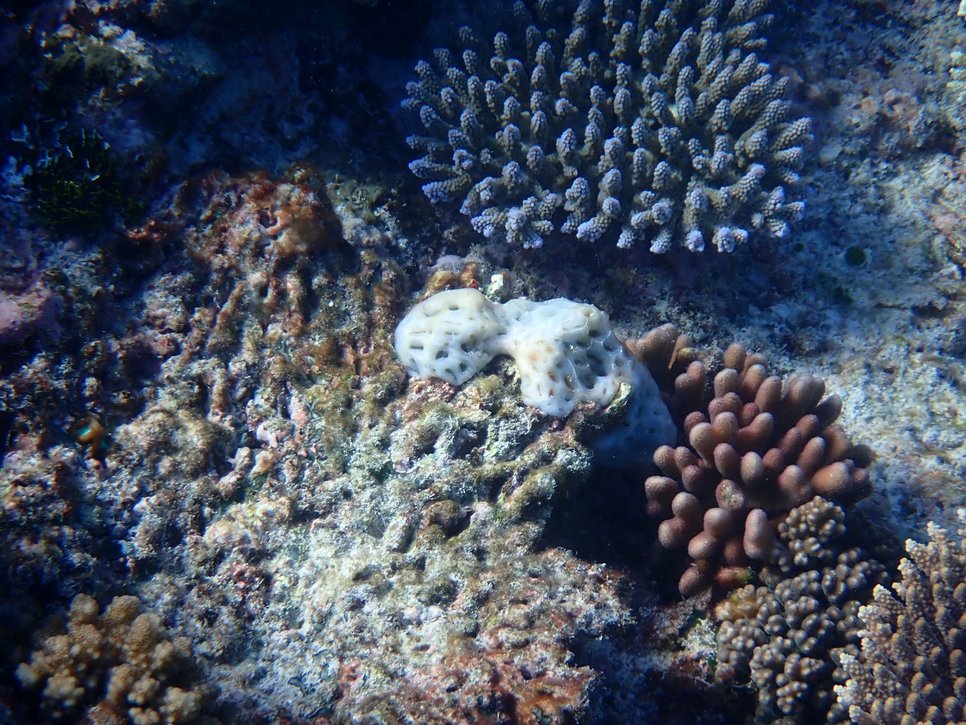
Did you contact local groups to show you how to find these animals? How did you prepare for the trip?
At the beginning of my PhD, I made a trip to Thailand and got my diving certification. Back home, I mostly did extensive literature research to know where I could approximately find them and how to identify them. When I arrived at the island, the local crew did not know the animal or where to find it. All I knew was one of the coordinates where some had been located in the past. This is where I eventually found them! When I collected it, a lot of green liquid came out. That must have been the cyanobacterial symbiont of the sea squirt, the actual producer of the patellamides. At that moment I guessed it was the correct organism. The analysis back in the lab confirmed this.
It does sound like an interdisciplinary topic; synthesis in the lab and then a field trip. What happened next?
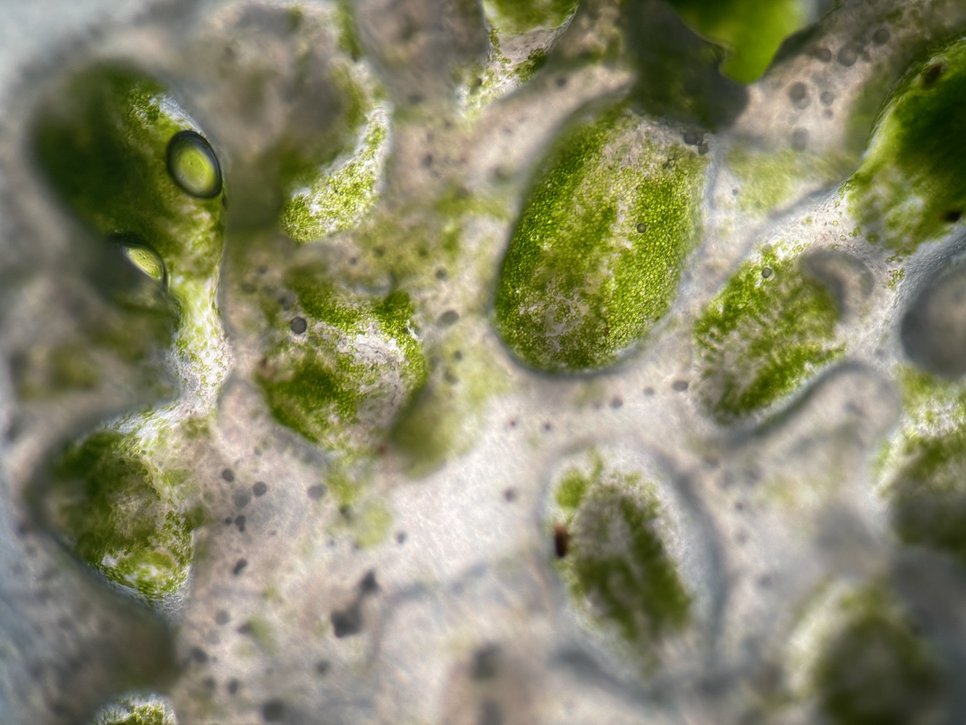
When I dissected the animals in the lab and observed them under the microscope, unexpectedly, I observed what appeared to be a parasite that eats the symbiont of the animal. From what I have discussed with many experts, it seems to be an unknown species. That would be really cool - we could name it “Matter to Life”. Apparently, it is really difficult to get something officially certified as a new species nowadays!
How did you proceed once back in Germany?
I freeze-dried the organism to maximize the copper concentration per volume unit or per gram. We then used X-ray absorption spectroscopy at the synchrotron facility of the Paul Scherrer Institute, Switzerland, to better understand what the copper in the sample is bound to - basically to test the hypothesis that most of the copper in the sample is bound to the cyclic peptide. This brought in the physics angle into the fold.
Now you are approaching the end of your PhD and are currently wrapping up your thesis. In retrospect, what would you think was the most surprising aspect during your PhD?
What definitely surprised me is how much work even the smallest results and measurements require; for example, when you need all the reference measurements, different concentrations, blanks and so on to get one single spectrum or reading.
One thing that I did not quite expect is that many of your plans don’t work out. I was warned in the beginning of my PhD: I should not expect everything that I plan to work out, and it definitely did not. Luckily, I planned enough contingencies that even when half of them failed, I still had good results from the remaining ones.
If you could, what advice would you give your younger self at the beginning of your PhD?
To not get frustrated if something does not work out, and to always be prepared that some experiments, collaborations, etc. won’t work out the way you hoped. Generally, it is good to have a lot of plans and ideas in case something does not work, but if something does work and is worth committing to, I should focus on it.
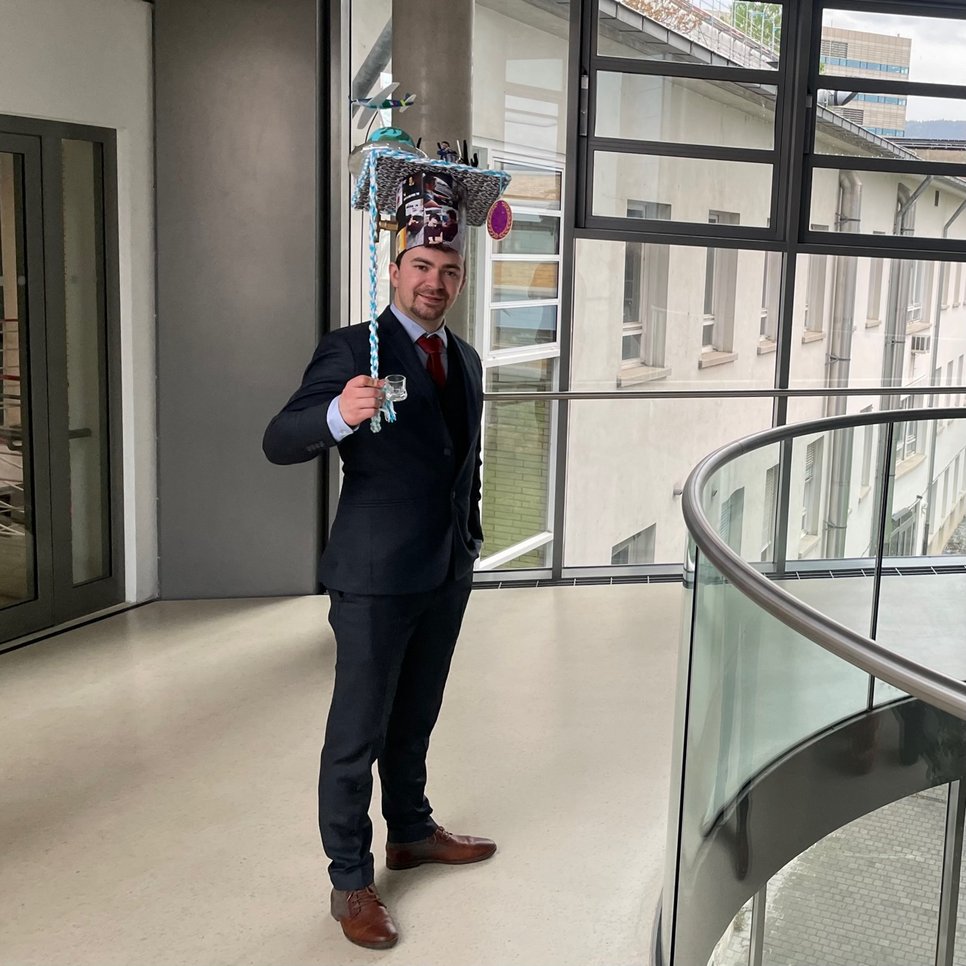
Looking back on your PhD within the Matter to Life program, which aspects of it did you like or didn't like? Did it offer you any advantages?
There are a few key advantages that I benefited from. One of them was having a large network of researchers from different disciplines, which offers the opportunity to collaborate with others who have experience and equipment that I do not have. At our last retreat in December, I realized that my fellow MtL PhD student Johannes Hahmann at DWI can do the experiments with DNA that I have wanted to do. In February I went to Aachen and did the experiments with him.
Another big advantage of the program is the generous funding. This enabled me go on a field trip to Australia and to collaborate with other research institutes.
Would you say the network which we have set up all over Germany helped you to find the right people and get input, especially from different disciplines?
Yes, especially the in-person meetings we have, like the Fall Days and Spring Days, and also our student organized retreats have proven to be invaluable. Usually at online events you see the presentation and then everyone disperses to get another coffee without much engagement. Whereas, face to face, you start chatting and maybe a few hours later you realize that there might be something that the other one can help you with.
Do you have an idea how you will progress in your career? Any plans?
In the immediate future, I plan to stay for a few more months in Peter Comba’s group. There is still a lot of unpublished data that I'm currently compiling for my PhD thesis. In the upcoming month we plan to publish these. The next big decisions, of course, are academia or industry, university or other institutes. I definitely want to stay in research, either to one of the Max Planck Institutes, or to a university in a different country such as Australia or US. If it's an interesting topic, however, I could equally see myself doing research in industry.
I think we got a nice insight into your PhD thesis and your journey there. It all sounds fascinating and we're looking forward to the publications and your future academic career as well as to meeting you during alumni events next year. Thank you for this interview and we wish you all the best for the last weeks of your wrapping up phase!
* The interview was conducted before Philipp completed his PhD degree. In the meantime, we are allowed to congratulate him. If you are interested in his dissertation, you can look it up here.
